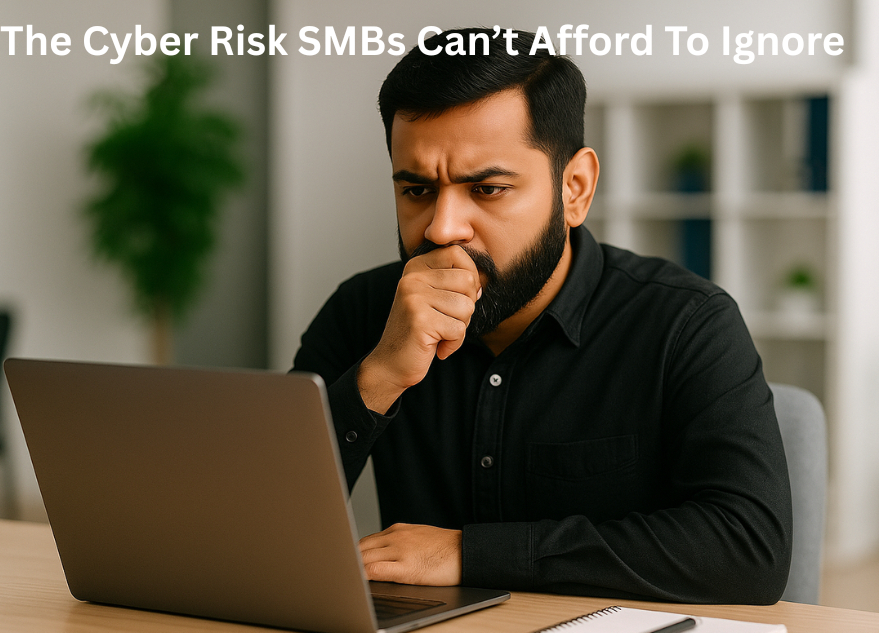To succeed, entrepreneurs must think like investors making smart decisions, managing risks, and scaling with long-term vision, not just relying on creativity and passion.
💡 Are you looking for Coworking space in Gurgaon, Noida or Delhi? We are just a call away.
Call Now: 08999 828282
10 Ways Entrepreneurs Can Think Like Investors
- Entrepreneur Mindset vs. Investor Mindset: Understanding the Difference
- Why Entrepreneurs Should Think Long-Term Like Investors
- Thinking in Terms of Return on Investment (ROI)
- Risk Management: A Shared Skillset
- Financial Discipline: Think in Numbers
- Focus on Scalable and Repeatable Models
- Data-Driven Decision Making
- Build with Exit in Mind
- Seeing the Business as a Portfolio Asset
- Attracting the Right Investors and Partners
1. Entrepreneur Mindset vs. Investor Mindset: Understanding the Difference
The entrepreneur mindset is rooted in innovation, action, and resilience. Entrepreneurs often take risks and solve problems creatively. In contrast, the investor mindset emphasizes patience, analysis, and calculated risk-taking. By learning to think like the great investors, entrepreneurs can blend bold ideas with solid strategy. This combination allows them to build businesses that are not only exciting but also sustainable. Understanding both mindsets helps balance passion with precision.

2. Why Entrepreneurs Should Think Long-Term Like Investors
Investors always look ahead—sometimes years into the future. How entrepreneurs think often involves rapid execution, but without a long-term view, even the best ideas can fall apart. Adopting an investor mindset pushes entrepreneurs to set measurable goals, forecast growth, and plan for different outcomes. This long-term thinking also attracts stakeholders and funding, making it essential for startups looking to scale.
3. Thinking in Terms of Return on Investment (ROI)
Investors judge everything by return on investment. Entrepreneurs should do the same. Whether it’s marketing, hiring, or product development, every business decision should be analyzed through the lens of ROI. This mindset forces clarity on priorities and spending. By developing the entrepreneurial mind to consider ROI, entrepreneurs avoid emotional decisions and focus on outcomes that grow the business.
Also Read: How Entrepreneurs Can Unlock Hidden Potential for Success?
4. Risk Management: A Shared Skillset
Both investors and entrepreneurs deal with risk—but differently. Entrepreneurs often take big risks based on vision, while investors assess and mitigate risk methodically. By applying mindset training for entrepreneurs, founders can evaluate risks using data and trends rather than emotion. This approach increases the chances of long-term success and reduces avoidable failures.
5. Financial Discipline: Think in Numbers
Great investors are financially literate—they read balance sheets, cash flows, and income statements. Entrepreneurs must do the same. Without financial discipline, even a profitable business can collapse. Understanding metrics like burn rate, profit margins, and customer acquisition costs shows how to think like an entrepreneur and investor at the same time. Numbers tell the true story of a business.
6. Focus on Scalable and Repeatable Models
Investors seek businesses with scalable models that can grow without equally growing costs. Entrepreneurs should build with this in mind. A key part of developing the entrepreneurial mind is designing systems, automations, and structures that grow with demand. Instead of doing everything manually, think in terms of processes that work without constant oversight.
7. Data-Driven Decision Making
Intuition plays a role, but data drives growth. Entrepreneur mindset examples often show founders acting on gut instinct, but successful entrepreneurs back their decisions with numbers. Whether it’s customer feedback, analytics, or sales data, adopting an investor mindset means measuring and adjusting based on results—not just feelings or assumptions.
8. Build with Exit in Mind
Investors always ask: “What’s the exit strategy?” Entrepreneurs should too. Whether the goal is acquisition, IPO, or handing it over to a family member, thinking about the end helps shape better decisions today. This strategic clarity can be part of mindset training for entrepreneurs, helping them align daily operations with long-term objectives.
💡 Are you looking for Coworking space in Gurgaon, Noida or Delhi? We are just a call away.
Call Now: 08999 828282
9. Seeing the Business as a Portfolio Asset
Investors diversify and think of each asset as part of a bigger picture. Entrepreneurs should step back and see their business the same way. This shift from “operator” to “owner” allows better delegation and strategic focus. It’s how the great investors think—treating businesses as systems that work even without their constant involvement.
10. Attracting the Right Investors and Partners
When entrepreneurs think like investors, they communicate in ways that attract real investment. They speak the language of growth, risk, and ROI. This alignment builds trust with backers and makes fundraising easier. It also helps in hiring, partnerships, and even customer relations. People trust leaders who plan like pros.
Thinking like an investor empowers entrepreneurs to make strategic choices, manage risks effectively, and create sustainable growth rather than chasing only short-term gains. It brings discipline to decision-making and helps attract the right partners and funding. By combining vision with financial insight, founders can build businesses that truly last.
At The Office Pass (TOP), we’re here to support your entrepreneurial journey with vibrant coworking spaces designed for focus and collaboration. Call us today at 8999 82 82 82 to explore how TOP can help you work smarter and grow faster!
FREQUENTLY ASKED QUESTIONS (FAQS):
Question: What is the difference between entrepreneur mindset and investor mindset?
Answer: The entrepreneur mindset is focused on innovation, creativity, and solving problems quickly. The investor mindset, on the other hand, values analysis, risk assessment, and long-term planning. Combining both helps entrepreneurs build sustainable businesses.
Question: How can I start thinking like the great investors?
Answer: Start by learning from investors like Warren Buffett or Ray Dalio. Focus on long-term strategy, financial analysis, and risk management. Think in terms of ROI and ask yourself if every decision creates value.
Question: Why is mindset training important for entrepreneurs?
Answer: Mindset training for entrepreneurs helps you develop confidence, discipline, and clarity. It enables you to handle stress, think strategically, and make better business decisions, especially under pressure.
Question: Can an entrepreneur learn to think like an investor without formal training?
Answer: Yes. Many entrepreneurs learn from experience, mentors, and self-education. Reading books, analyzing businesses, and networking with investors can help build this mindset over time.
Question: What are some entrepreneurial mindset examples?
Answer: Examples include being solution-oriented, resilient in failure, taking initiative, and staying curious. These traits help entrepreneurs adapt and grow in a competitive market.
Question: How do entrepreneurs make decisions differently from investors?
Answer: Entrepreneurs often make faster, gut-based decisions, especially in early stages. Investors prefer slower, data-driven decisions. The best entrepreneurs learn to balance both approaches.
Question: What is ROI and why should entrepreneurs care?
Answer: ROI (Return on Investment) measures how much value or profit a decision brings compared to the cost. Entrepreneurs should track ROI to ensure they are spending time and money wisely.
Question: How does thinking like an investor improve business growth?
Answer: It brings discipline, focus, and long-term thinking. Entrepreneurs can allocate resources more effectively, reduce risk, and attract better partners or funding when they think like investors.
Question: How to think like an entrepreneur if you’re just starting out?
Answer: Start small, take calculated risks, and be ready to solve real problems. Keep learning, stay resilient, and take action even when things aren’t perfect. That’s how entrepreneurs think.
Question: What are the first steps in developing the entrepreneurial mind?
Answer: Begin with self-awareness, goal setting, and learning from others’ success. Read about business, take small risks, and practice solving problems creatively. The mindset develops through action.









